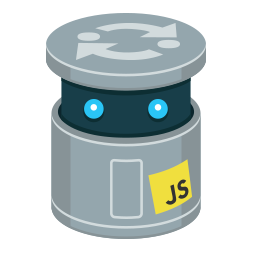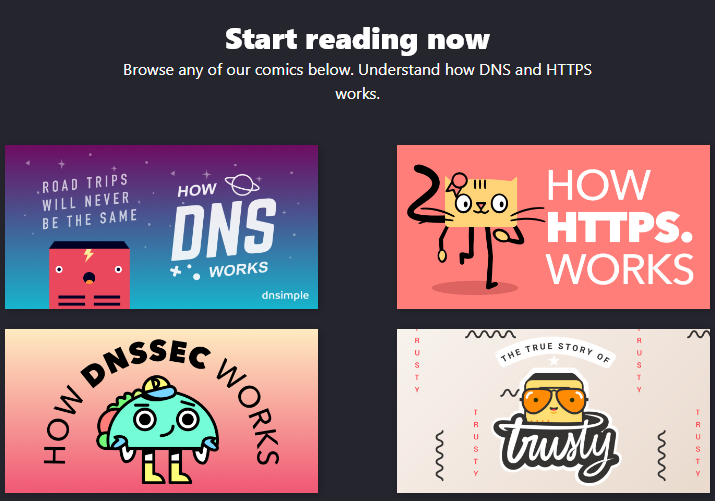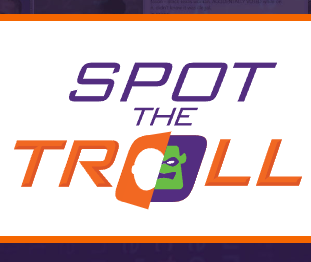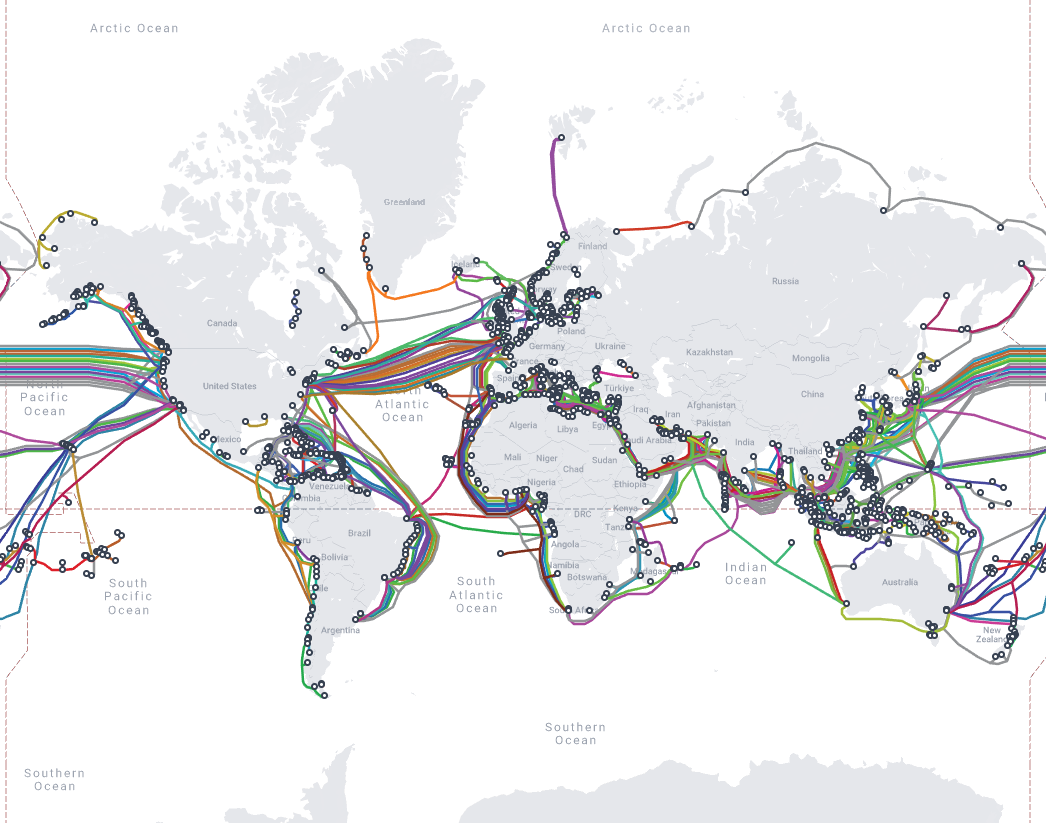Popcode

Popcode is a web-based HTML, CSS, and JavaScript coding environment that is designed for students.

Popcode is a web-based HTML, CSS, and JavaScript coding environment that is designed for students.

Create a website using HTML, CSS, and JS.
JS Bin is an open source collaborative web development debugging tool.
What can JS Bin do?
- Write code and have it both save in real-time, but also render a full preview in real-time
- Help debug other people’s JavaScript, HTML or CSS by sharing and editing urls
- CodeCast - where you share what you’re typing in JS Bin in real-time
- Remote rendering - view the output of your JS Bin on any device on any platform, updating in real-time
- Processors, including: coffee-script, LESS, Markdown and Jade.
- Debug remote Ajax calls

Create a website in this online editor with HTML, CSS, and JS.
The best place to build, test, and discover front-end code.
CodePen is a social development environment for front-end designers and developers. Build and deploy a website, show off your work, build test cases to learn and debug, and find inspiration.


The quiz shows a social media profile and asks if you think it is legit or a troll, then explains the signs that help you distinguish its validity. They have more resources here.
This can be used in ECS Unit 1 or in any curriculum when you are discussing evaluating content on the internet.
"The quiz where YOU examine images of real social media content and decide whether it's from a legitimate account or an internet troll."
"A troll is an inauthentic social media account. Often created to spread misinformation and distrust, trolls have been deployed on every major social media platform. This quiz tests users’ ability to identify which accounts are genuine and which are professional trolls. Along the way, advice is provided for what to look for and how to be a better consumer and producer of social media.
The quiz presents users with 8 profiles, each of which includes both profile information and a brief selection of posts from a single social media account. The user is asked to decide if the content comes from an authentic account or a professional troll. Each question is followed by some tips that might help in the future, as well as the opportunity to explore more details.
There are a number of well-known tactics employed by bots and trolls on social media you may have seen in the past. These include unsolicited messages, hyper-active accounts, accounts with no profile image, accounts with stolen profile images, or computer generated account names. While some of the troll accounts we discuss in the quiz used these tactics, they are not the focus of what we cover.
All of the accounts and posts used in this quiz, both the genuine accounts and the trolls, have been taken directly from Facebook, Instagram, and Twitter. Nothing has been changed.
While fake accounts are created for a variety of reasons, the troll accounts and posts in this quiz have all been linked to Vladimir Putin’s troll factory, the Internet Research Agency, based in Saint Petersburg, Russia. Many foreign and domestic actors, however, have learned from the Russians and have begun to use some of their tactics. These include operations in Iran, China, and around the globe. Learning to understand Russian trolls will help you understand others."

This interactive map shows all the undersea cables that connect the world to the internet!
There's a lot of helpful information in their FAQs.